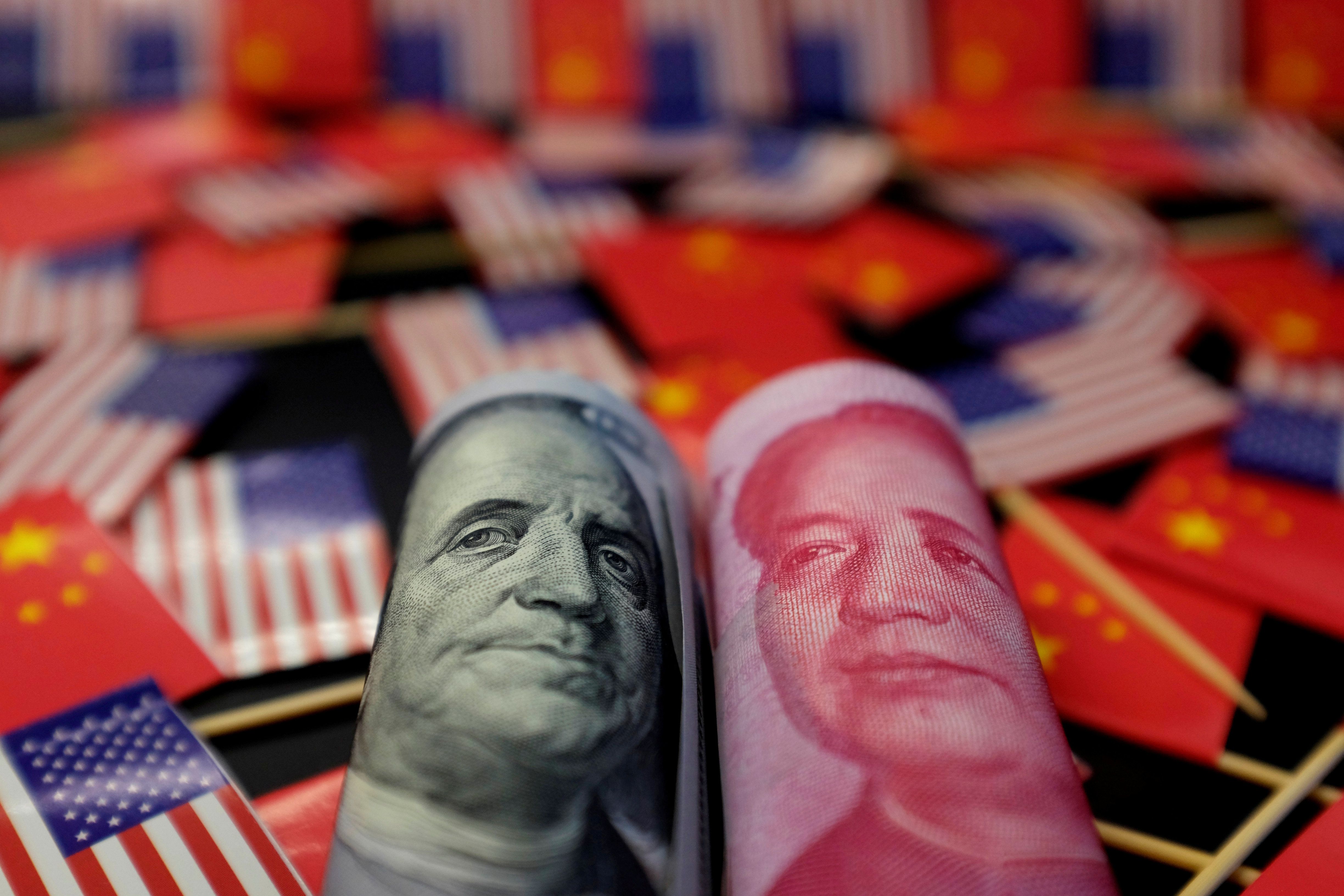What We're Watching: China’s Trade War Fightback and the Internet’s Role in Mass Shootings
China's trade war retaliation – China let the value of its currency, the renminbi, fall sharply against the US dollar on Monday to its lowest level in a decade. It also reportedly told state-run companies to stop buying from US farmers. Global stock markets plunged. Both moves were aimed squarely at the US and President Trump, who last week threatened to slap tariffs on an additional $300 billion of Chinese goods if Beijing didn't bow to US trade demands. By allowing the renminbi to slip, Beijing is withdrawing an olive branch, signaling that it is no longer willing to keep its currency artificially strong (and its exports less competitive) while talks with the US proceed. Suspending farm purchases is a direct jab at Trump himself; it increases financial pressure on US farmers, an important political constituency for the president. Taken together, China is saying: We're not going to take the latest US threats lying down. In response, US Treasury Secretary Steve Mnuchin branded China a "currency manipulator" – a largely symbolic move that may have been intended to forestall an even more aggressive response by the White House. We're watching to see whether the two sides can avoid further escalation.
The "gamification" of mass violence – On Sunday, an apparent white supremacist murdered 20 people at a Walmart in El Paso, Texas, minutes after posting a racist, anti-immigrant manifesto on the website 8chan. It was the third mass shooting this year advertised beforehand on the website, where some anonymous commentators cheer on gunmen by posting ironic memes and encouraging them to get a "high score." The El Paso shooter said he had been inspired by an Australian man who killed 51 Muslims in New Zealand in January, who broadcasted a live, first-person video of his murder spree on Facebook as though it were a video game. We're watching what others have dubbed the "gamification" of mass violence, because it's increasingly clear that the internet and social media's ability to help people with violent, fringe views find and draw inspiration from one another is fueling these mass shootings, and it's not clear how governments can stop it.
What We're Ignoring:
The Turkmen president's proof of life – A couple of weeks ago, we highlighted dubious reports that Turkmenistan's strongman president, Gurbanguly Berdimuhamedov, had died from kidney failure. State television said he was merely on holiday. On Sunday, the national broadcaster offered proof of life: a report showed the Turkmen leader driving a rally car near a giant flaming crater in the middle of the desert, then receiving a standing ovation from spectators dressed in identical track suits after rolling three strikes at a bowling lanes. We are ignoring this story, because it illustrates the basic principle that Turkmenistan is an endless rabbit hole of fun that keeps us from other stories. Unless you live there.
